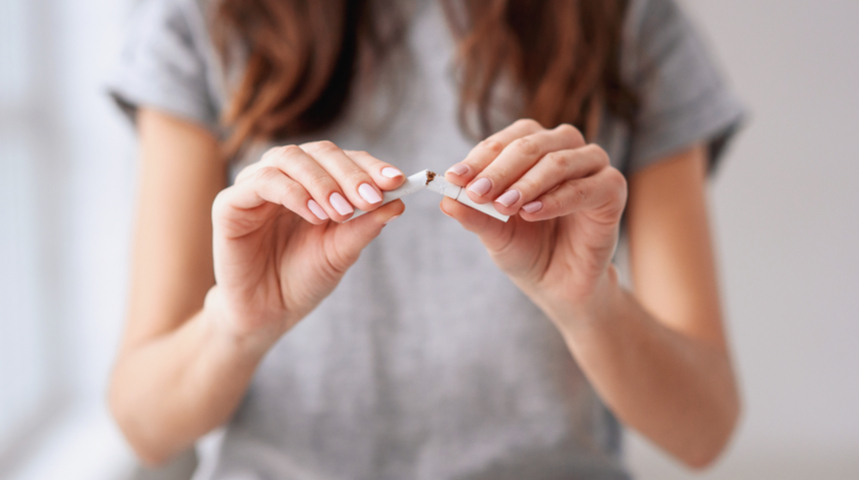
Smoking Before & After Your Breast Augmentation Surgery
Smoking is one of the leading causes of death in the society, all over the world. We all know that smoking is bad for your health but why is it even more so before and after a breast augmentation surgery? How dangerous is smoking before/after surgery? And how does it affect you? With this article, we will discuss the dangers of smoking before and after a breast augmentation surgery.
Why you should not smoke before/after your breast augmentation surgery?
Smoking prior to surgery increases the risk of complications like heart attack or stroke and also affects wound healing after surgery. This is due to the presence of chemicals like nicotine and carbon monoxide in cigarettes that affects how your body handles surgery. For this very reason, there have been cases where doctors’ rejects performing surgery on patients who smoke in order to prevent after surgery complications. While some doctors are not so extreme, most doctors would strongly advise patients against smoking before their surgery.
Understanding the risks of complications for smokers:
1. Increase risk of heart and lung complications
When you smoke, nicotine and carbon monoxide from the cigarette reduces oxygen supply to your heart and body. Nicotine is a type of vasoconstrictor (vaso=blood vessels) that causes narrowing of the blood vessels and decreased blood flow to your body while carbon monoxide depletes the oxygen levels in your body. This makes it hard for your heart and body to get the required amount of oxygen it needs and can be very dangerous when you are in a surgery. You may develop breathing problems during the surgery and also increase your risk of lung complications like pneumonia and lung collapse.
2. Increase dose of anaesthetic required
Chemicals in cigarettes also affects the breakdown of certain drugs in your body such as anaesthetic and pain-relieving drugs. This means you will need a higher dose of anaesthesia and pain medications after your surgery. It is important for you to check with your anaesthesiologist about how your smoking habits may affect your anaesthesia care plan prior to your surgery.
3. Increased risk of blood clot
Smoking also increases the risk of blood clot forming in your veins of your lower calf during surgery as the chemicals in cigarettes causes change to the blood, making it thicker and stickier. This is known as thrombosis and the clot formed (thrombus) can obstruct the normal flow of blood through the circulatory system. The formation of thrombus can be very dangerous and fatal if the blood clot breaks off and get lodged in the main blood vessels of vital organs like the heart and lungs.
Impact of smoking on surgical outcomes:
1. Increase risk of infection
Smoking decrease your immune system and may cause increase risk of infection to your surgical wound/ incision site due to reduced blood supply. In the event of bacterial infection, your body will be unable to effectively defend itself due to decrease in white blood cells available at the surgical site.
2. Affects wound healing and recovery time
To understand why smoking before/after surgery is so damaging to you, you have to first understand how wound healing works in our body. There are a few basic requirements for a wound to heal namely: oxygen and protein. Oxygen and protein are the main building blocks necessary for the formation of new tissues. When a wound is healing, our circulation system is the main delivery system to transport these materials to the healing site. However, when you smoke, the nicotine in cigarettes affects blood flow and slows down the delivery system causing the wound tissues to die.
Smoking also impairs the healing of bones, skin, wounds and other body tissues. The slowing of wound healing also increases the likelihood of greater scarring.
**Note that smoking does not limit to cigarettes only. Any form of products containing nicotine can cause the same harmful effects as listed above as well including e-cigarettes, cigars, tabaco and nicotine gum/patches.
